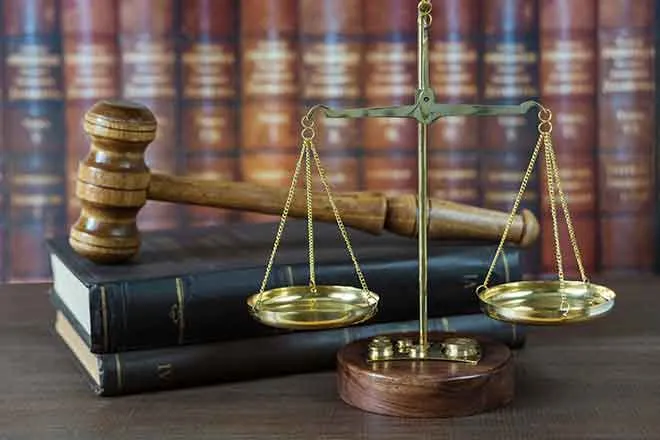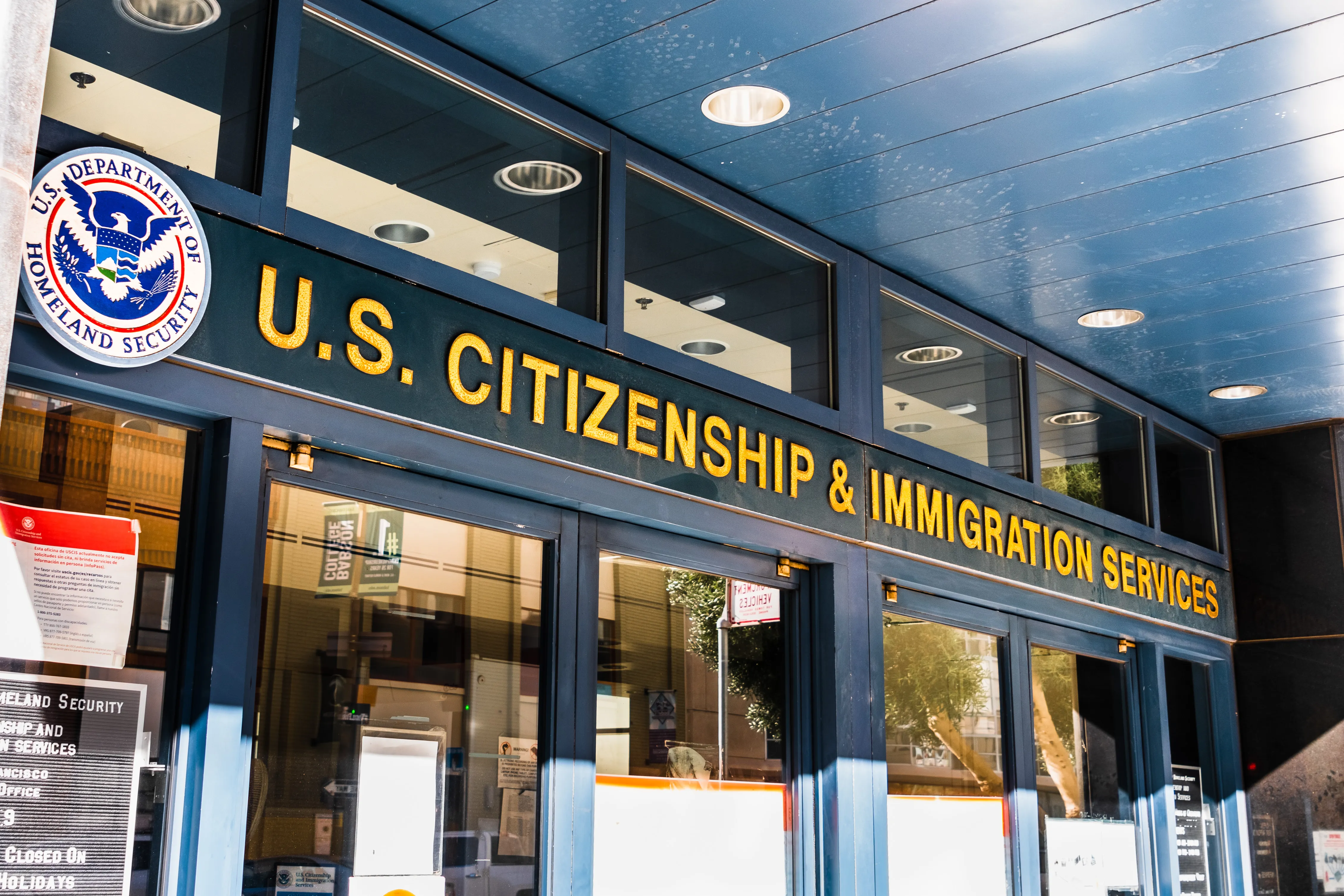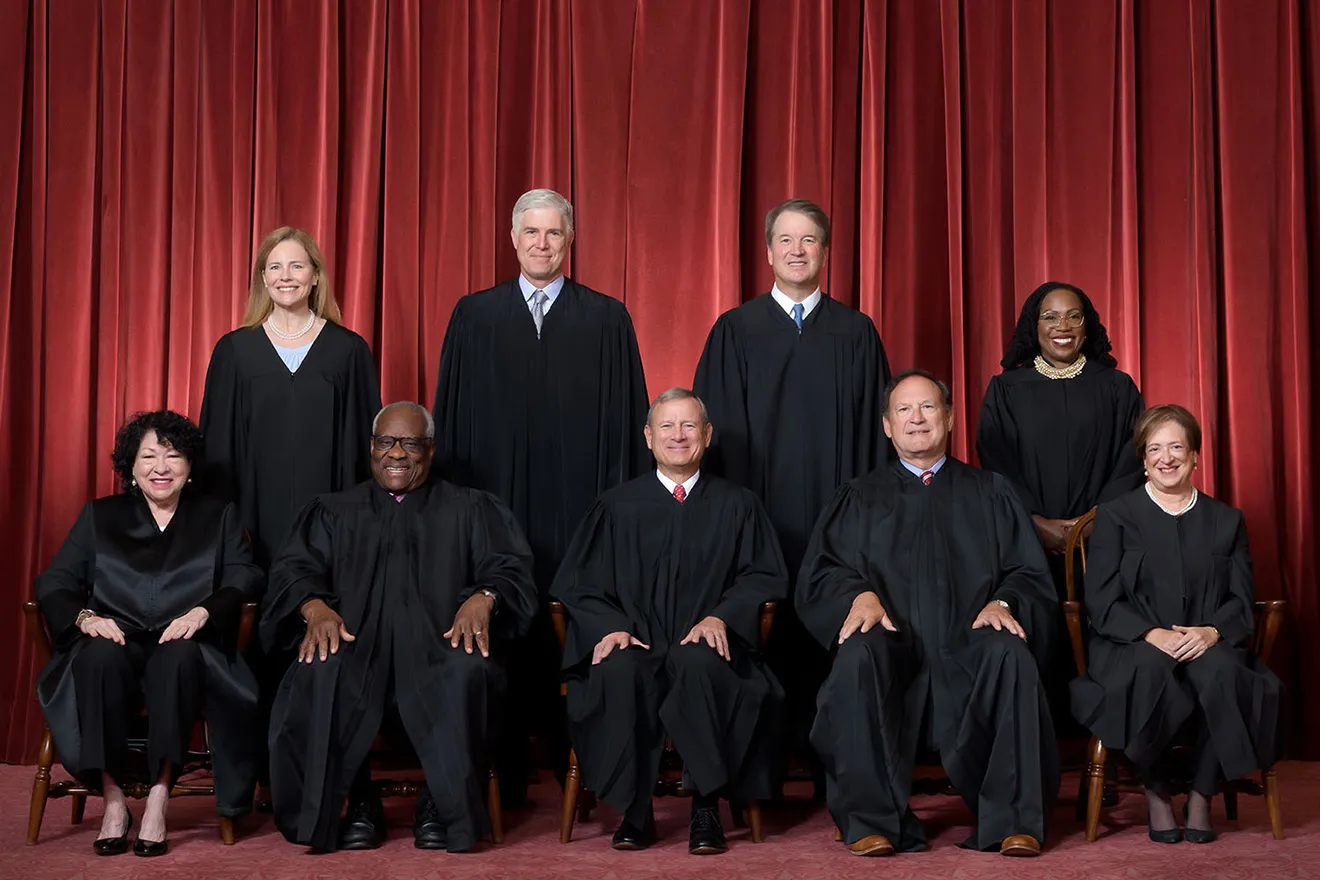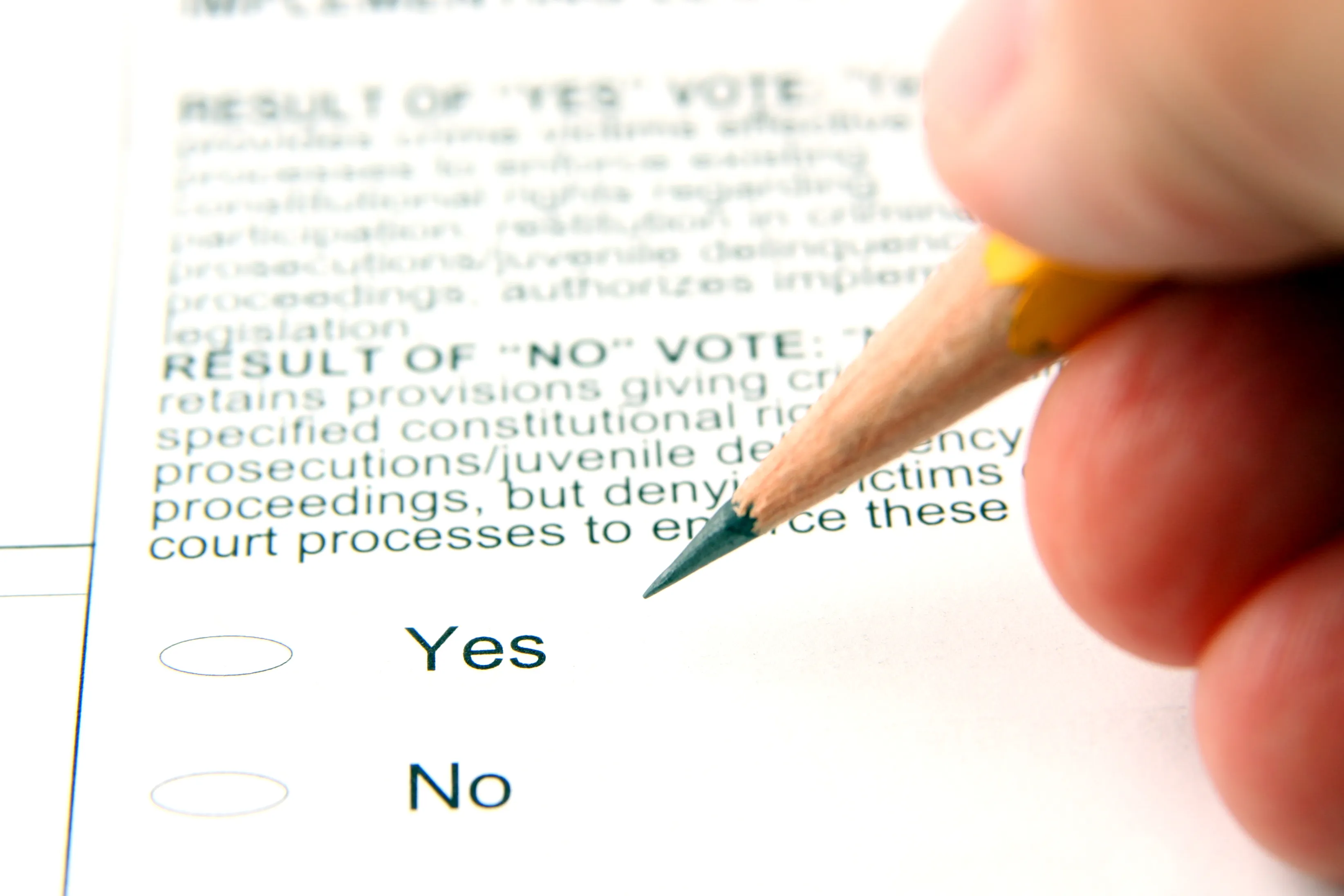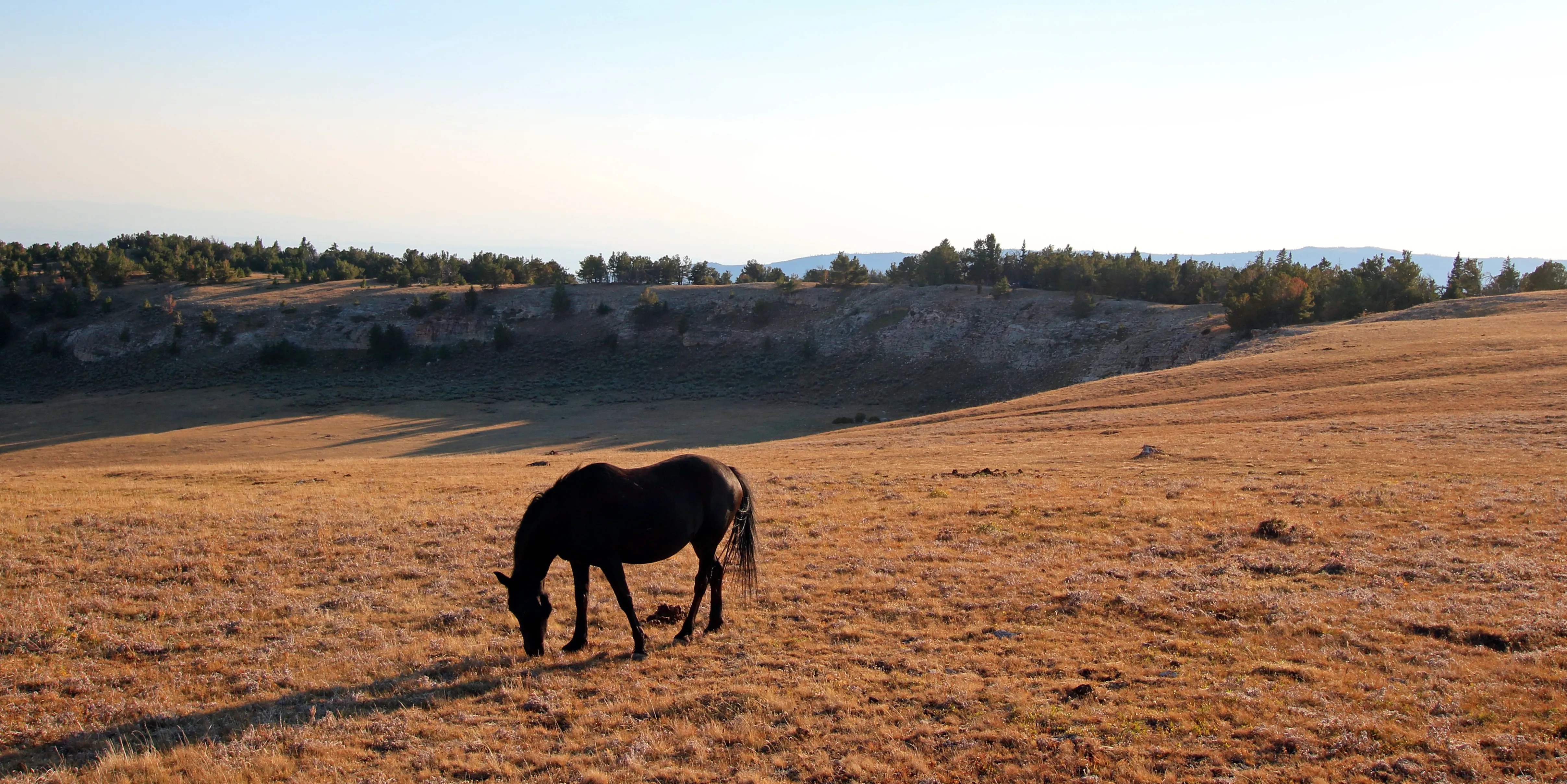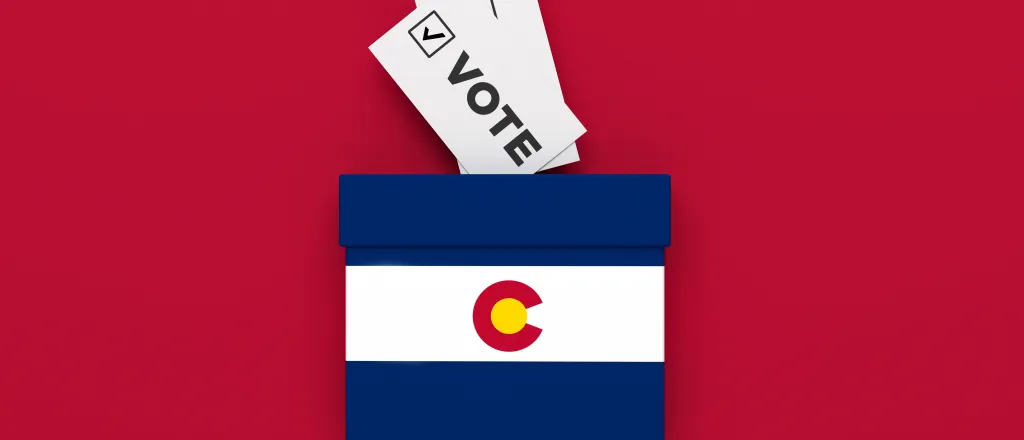
Trump action on elections unconstitutional but threats loom, Colorado experts say
© Baris-Ozer - iStock-1420488382
A sweeping executive order from President Donald Trump would overhaul the administration of U.S. elections and upend how they’re run in Colorado, but election experts in the state say the measure is unconstitutional, and it already faces several legal challenges.
The order, issued late last month, requires proof of citizenship to register to vote and vote, requires all ballots be counted on Election Day, and threatens federal funding for states that don’t comply, among other changes. On Thursday, Colorado Attorney General Phil Weiser filed a lawsuit alongside other Democratic states challenging the order, saying it will cause imminent and irreparable harm to states and voters.
“This elections executive order is an overreach by the White House and it threatens to undermine Colorado’s well-established gold standard for free and fair elections,” Weiser said in a statement. “That’s why we are challenging this illegal action and protecting our freedom to vote.”
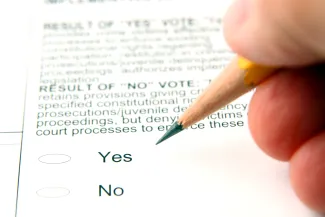
© Svanblar iStock-146069215
Voting rights advocates and the Democratic National Committee have filed separate lawsuits challenging the legality of Trump’s order too. Doug Spencer, a professor at the University of Colorado who specializes in election law, said legal challenges to the order “will prevail.” He said the executive order is similar to others Trump has issued in that it attempts to take actions that are beyond the president’s authority.
“Some of the executive orders I think raise some interesting questions or novel questions, and some of them are just blatantly wrong, like if you’re born here, you’re not a citizen. That’s just blatantly wrong,” Spencer said, referring to Trump’s attempt to end the constitutional right to birthright citizenship. “That the president can dictate how states run their elections, even for federal offices, is just wrong. The Constitution has clear language: Congress has authority to do this, and Donald Trump is not Congress, so those lawsuits will be successful.”
Spencer said Colorado would have to change numerous aspects of how it conducts elections under Trump’s executive order, but he doesn’t see that becoming reality. He said the order may still have the political consequences Trump is looking for, though, in that it signals to Republicans in Congress and the states what he wants from them.
Aly Belknap, executive director of Colorado Common Cause, a nonprofit that works to defend democracy and voter rights, said Congress has already passed laws detailing what is required to register to vote in federal elections, and Trump cannot simply decide there are new requirements with an executive order.
“States really just need to resist these attempts to override state and federal law through the ongoing legal challenges, and we just really need states to reassert their right to control their own elections and the core of what our democracy is,” Belknap said.
Matt Crane, executive director of the Colorado County Clerks Association, said the order “goes well beyond” the constitutional powers of the presidency.
“Here in Colorado we’ve been very innovative and are one of the best states in the country in how we conduct our elections, and so federal overreach like this is not welcome,” Crane said.
Colorado Secretary of State Jena Griswold, a Democrat, said the order is unlawful and would prevent eligible voters from casting a ballot.
“The Trump administration is weaponizing the federal government and trying to make it harder for voters to fight back at the ballot box,” Griswold said in a statement when the order was first issued. “The United States has always led the world in conducting free and fair elections, and we cannot let Donald Trump end that legacy.”
Burden on voters
Spencer said verifying citizenship when registering to vote “has the potential to stop non-citizens from voting. The problem is, non-citizens aren’t voting, so there’s not really a problem to be solved.” He said it’s not easy to prove citizenship, and requiring everyone who wants to vote to do so could lead to citizens not being able to vote.
“There’s not really any evidence that there’s a problem in the first place, but you’re going to risk disfranchising people because of the challenges of the documents,” Spencer said.
Belknap said millions of Americans who are eligible to vote don’t have the proper form of ID the executive order would require from a voter, such as a passport or a birth certificate.
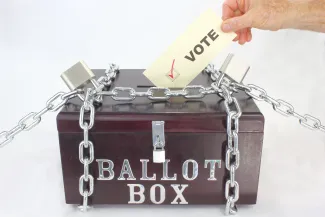
“This is just really scary because it basically takes the responsibility to verify a person’s citizenship status from election officials — who do that now to ensure that non-citizens aren’t voting — and puts it on American voters, making them have to convince the government that they’re eligible to exercise the right to vote,” Belknap said.
Denver Clerk and Recorder Paul López said Colorado already has systems in place to ensure only eligible voters cast a ballot in an election, with many opportunities to catch anything suspicious. He said the state verifies a voter’s registration information with various state agencies using their ID number, and once verified within Colorado’s voter database, they’ll use the Electronic Registration Information Center to compare with other states around the country.
“It is really nothing more than an attempt to discourage and undermine voters of all stripes and of all backgrounds, especially people of color and naturalized citizens and even women, from engaging in the right to vote,” López said of the executive order. “This would dramatically impact folks whose name doesn’t match their original birth certificate because of marriage or divorce or anything else.”
López said instances of people who are not eligible to vote attempting to vote are very rare “because the system that we use works,” and if someone does try to vote illegally, they will be prosecuted. He also said undocumented immigrants are not trying to illegally participate in U.S. elections as Trump claims.
“On its face there’s really just this baseless claim of fraud, especially amongst undocumented immigrants who are somehow voting in these elections,” López said. “It’s a false narrative and frankly it only serves to turn Americans against each other.”
Crane said if the order were enacted, Colorado voters would have to show proof of citizenship when registering for the first time, as well as every time they update their registration. The process would also have to take place in person, removing online registration as an option, and lines to vote in person would take much longer as election workers would have to verify documentation.
Most Colorado voters already need to have their ballot to their county clerks office by 7:00 p.m. on Election Day to have it counted, but for military and overseas voters, their ballot can be counted up to eight days after Election Day so long as it’s postmarked on Election Day. Trump’s order would preclude ballots to be counted after Election Day.
“We believe our military voters deserve every opportunity to have their voice heard and so this executive order would walk that back, which seems insane,” Crane said.
Belknap said the order could also hinder Colorado’s automatic voter registration process, as Division of Motor Vehicles employees would have to “assess customer citizenship status” during every interaction they have.
“We’ve had this automatic motor registration at the DMV for many years now,” Belknap said. “It’s how so many Coloradans get registered to vote originally when they get their permit or their drivers license, or when they move and have to update.”
SAVE Act
Republicans in Congress reintroduced the Safeguard American Voter Eligibility Act, which would require proof of citizenship for anyone registering to vote nationwide. The bill poses a more substantial threat than Trump’s executive order because Congress actually has the power to legislate certain requirements for federal elections. Spencer said the SAVE Act includes some provisions Trump tried to address with his executive order related to citizenship and voting machine verification, but it’s not quite as far reaching.
Two Colorado Republicans in Congress, Reps. Lauren Boebert of Windsor and Jeff Crank of Colorado Springs, are sponsors of SAVE Act.
The CCCA has taken a formal position against the SAVE Act. Crane said the measure is “poorly written” and would increase costs of conducting elections without providing the funding for those costs.
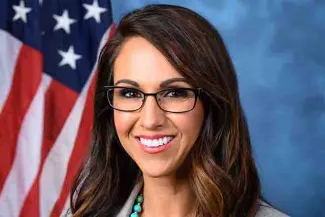
Lauren Boebert
With the potential for civil or criminal charges for election workers who unintentionally register an ineligible voter in the SAVE Act, Crane said it would also deter people from working as an election judge because they wouldn’t want to risk prosecution.
“Nobody is out there right now — no clerk, no election judge — purposefully registering somebody who shouldn’t be registered,” Crane said. “If it does happen, it’s certainly on a very, very small scale now. But if you make a mistake, you could face five years in prison and you could be sued civilly. Who in their right mind is going to want to work in that environment?”
Crane said while it is important to ensure only citizens are voting, the Trump administration is looking to do so in a way that isn’t efficient without seeking alternative means.
“They aren’t interested in having conversations with experts who do this work to figure out those better ways,” Crane said. “They’d much rather be informed by people who have been spreading disinformation for the last four years and spreading lies and legislating based on disinformation rather than fact, and that’s a very dangerous place to be.”
López said Trump intentionally spreads misinformation — particularly the false claim that the 2020 presidential election was stolen — to undermine voters and create distrust to the point that eligible voters won’t want to vote. Ultimately, López said he thinks that’s Trump’s main goal.
“He doesn’t like who’s coming out to vote, so let’s stifle it rather than fighting a fair fight in a fair election and talking about the facts,” López said.
Claims of widespread fraud in recent U.S. elections have been debunked by elections officials, experts, media investigations, law enforcement, and the courts.
López said “in the age of misinformation,” he encouraged all voters to go “straight to the source” and ask their local elections officials any questions they have about their voter registration or how their vote is counted.
“Our voters can expect the same level of excellence from their clerk and recorder’s office, from the elections division, as they are used to — the same fair, secure and accessible model that leads the nation,” López said.


